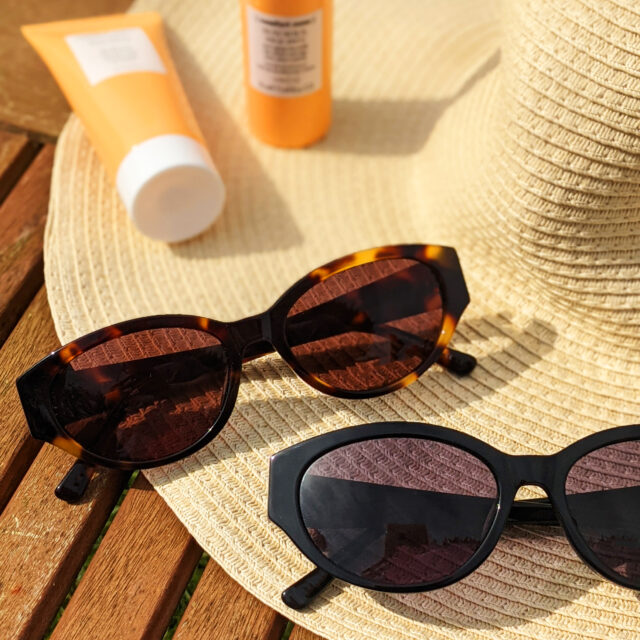WE all know that the sun’s UV rays can be harmful to our skin, but what about our eyes?
Many people don’t realise that our eyeballs can burn when exposed to sunlight too. Specsavers is on hand to explain this in more detail, as well as what we can do to prevent this from happening.
Giles Edmonds, Specsavers clinical services director, says: ‘Sunburned eyes, which can also be known as photokeratitis or snow blindness, happen when you are overexposed to harmful UV rays without the correct eye protection. This can occur when sunlight reflects off concrete, sand, water and snow. The overexposure to your eye damages the cornea’s outer layer, temporarily causing it to become inflamed and sore.
‘As well as potentially damaging your vision, sunburn also increases your risk of skin cancer. In particular, basal cell carcinoma, which commonly develops on areas most exposed to the sun, such as your face – including your eyelids and the skin around the eye.’
How do you know if your eyes are sunburned?
Mr Edmonds says: ‘When your eyes are sunburned it can feel quite painful. Your eyes will go red or appear bloodshot and may also water. While they will feel very itchy it is important not to rub or scratch them as this could worsen the problem.
‘Other symptoms also include blurred vision, sensitivity to light and the feeling of grit or sand in your eyes.’
He adds: ‘Depending on the extent of the damage and sunburn, symptoms should ease within 24 to 48 hours. Moisturising eye drops can also help with the healing process.’
How can you treat sunburned eyes?
Mr Edmonds’ advice is to:
Protecting eyes from the sun
‘The best way to protect your eyes from the sun is through wearing a good pair of sunglasses with UV protection,’ says Mr Edmonds. ‘Look for glasses carrying the CE mark, or the British Standard (BS EN ISO 12312-1:2013), as this ensures they match up to the appropriate safety standards.
‘Wearing a wide-brimmed hat can also help shade your eyes and protect your face. It is also really important that when you are spending time outdoors that you never look at the sun directly as this can damage your eyes.’




